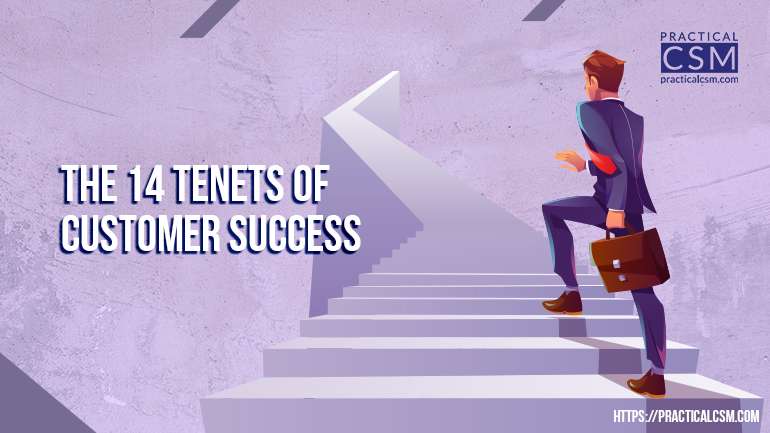The 14 Tenets of Customer Success
Here are a fourteen tenets (or principles) by which a CSM should live. Some of these may be obvious, but it is worthwhile reviewing all of them carefully as between them they explain both the role of the CSM and how that role can be successfully performed. Absorbing and understanding these tenets and then applying them in your work will go a long way towards helping you become an effective and productive CSM:
Table 1.5: The 14 Tenets of Customer Success Management
About the Author

Rick Adams is an independent author, trainer and consultant, specializing in helping technology companies deliver measurable business value for their customers. Adams has over 25 years’ experience of working in the IT industry, including owning his own startup software-as-a-service business which he sold in 2012 to focus on writing, training and consulting. Having delivering training and consultancy to many hundreds of businesses and thousands of technology professionals in over 30 countries across four continents, Adams is now based in the rural west coast of Ireland where he lives with his two dogs Zeus and Terri.
Adams’ recent work includes the development and delivery of a global certification program on customer success management for Cisco Systems Inc. His recent book is titled Practical Customer Success Management: A best practice framework for managers and professionals which is published by Routledge and is available from Amazon, Barnes and Noble and other good book retailers. His current interests include helping individuals and companies develop best practices in customer success management and in business outcomes focused selling.
He can be contacted via LinkedIn, via Twitter or by email at rick.adams@practicalcsm.com.







